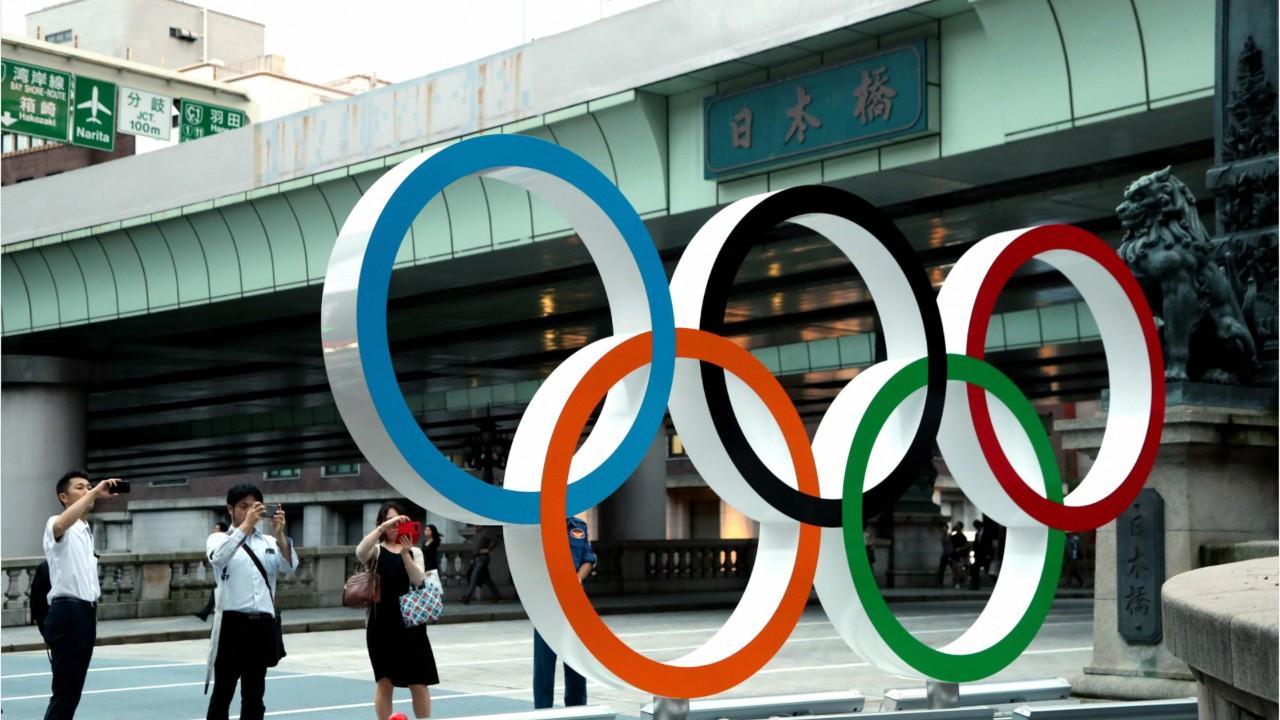Tokyo Olympics 2020 tickets: Here’s where you can get a highly coveted spot
The 2020 Tokyo Olympics are getting expensive.
For some of the best offerings, Olympic organizers are offering packages to Japan residents for up to 6.35 million yen, or $60,000, which includes tickets to the opening and closing ceremonies, nine days of track and field with luxury seating and sumptuous dining.
Low-end packages go as low as $1,500 for one session at a less popular event.
Those tickets also include perks such as “specially selected Champagne, sake and beers,” “elegant commemorative souvenir VIP access pass,” “first-class personal service capable of dealing with any request,” “event host and celebrity guests appearances” and even “gourmet dining menu prepared by top international chefs,” according to organizers.
Overall, ticket demand is unprecedented, so unofficial reselling likely will flourish. Hotel rates are soaring. And getting here will be costly, particularly for people traveling from the Americas and Europe.
There's also an old-fashioned way for residents of Japan to get scarce tickets: a so-called "second-chance" lottery that closed Monday. Results will be announced next month, and another lottery for Japan residents will be held in the fall.
However, those living outside Japan must go through Authorized Ticket Resellers, which are deluged with unprecedented demand. They also offer high-end packages and are allowed to tack on a 20 percent service charge to each ticket. And many of the best tickets are tied to expensive hotels.
A random search of well-known hotel booking sites by the Associated Press found prices for most 3-4-star hotels between $1,000-1,500 per night with few available. There have been complaints that many hotels are canceling previous reservations to secure the markup.
Even Japan's famous capsule hotels — or sleep pods — will cost more to crawl inside with prices up three or four times on booking sites.
In a statement to AP, Tokyo organizers said they are working with "the government and the accommodation industry and travel industry in order to control prices."
Quoting a government report, organizers say there are 300,000 rooms "in different classes" in Tokyo and in neighboring prefectures.
Olympic athletes are guaranteed housing and have access to a few tickets for event sessions in which they participate. After that, family and friends are on their own.
Those planning to wait until the last minute to book rooms -- which sometimes become available because organizers typically overestimate the number of rooms needed and the number of foreign visitors -- could miss out.
Tokyo's demand is driven partly by a giant metropolitan area of 35 million, its safe streets and long-time support for the Olympics. According to some experts, the Tokyo Olympics are the most popular -- even more than the London Olympics.
The big winner could be the Paralympics, which open a few weeks after the Olympics close on Aug. 9, 2020. The lottery in Japan for the Paralympics started on Thursday with 2.3 million tickets available.
Just over 80 percent of Japan residents who applied got nothing in the first Olympic ticket lottery earlier this year. Of those who landed tickets in June, many got far fewer than they expected.
Organizers say 3.22 million tickets were sold in the first phase. Demand appears to exceed supply by at least 10 times. Another 680,000 tickets are available in this lottery, but only for those who were shut out the first time.
Tokyo organizers say there are 7.8 million tickets for the Olympics. They estimate between 70-80 percent will go to the general public in Japan. The difference between the larger and smaller percentage is 780,000 tickets, giving organizers flexibility in how tickets are distributed.
The remaining tickets are sold abroad or go to sponsors, national Olympic committees, and sports federations.
Organizers hope to earn $800 million from ticket sales, a big chunk of income for the privately funded, $5.6 billion operating budget.
CLICK HERE TO READ MORE ON FOX BUSINESS
A report released last year by the national government's Board of Audit said Japan is likely to spend $25 billion overall to prepare the games. This is public money, except for the operating budget. Organizers dispute the figure and say it's about $12 billion, though what are Olympics costs — and what are not — is subject to heated debate.
Tokyo projected total costs of about $7.5 billion in its winning bid for the games in 2013.
The Associated Press contributed to this report.




















